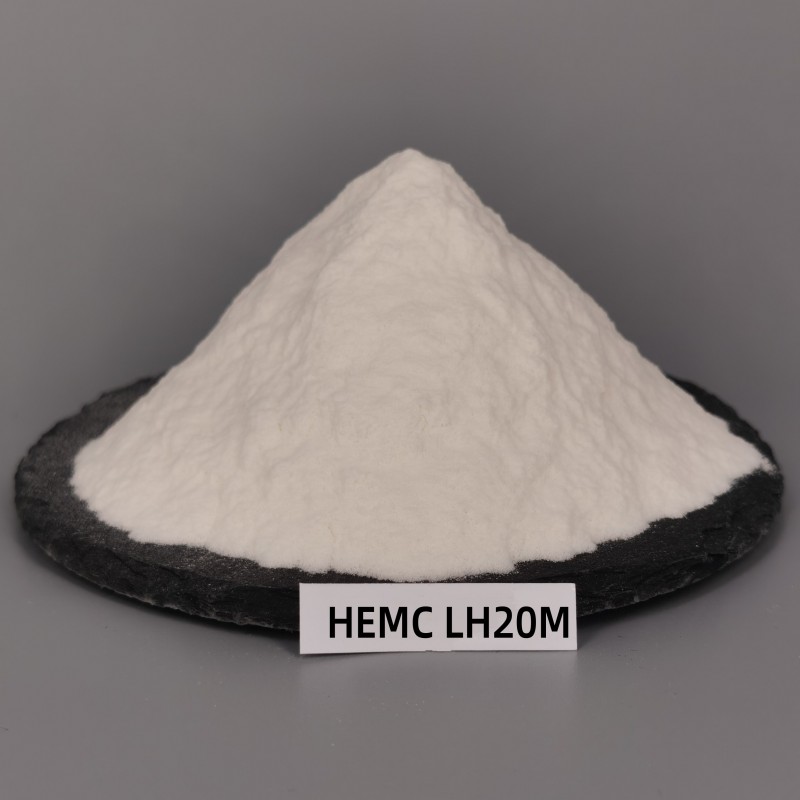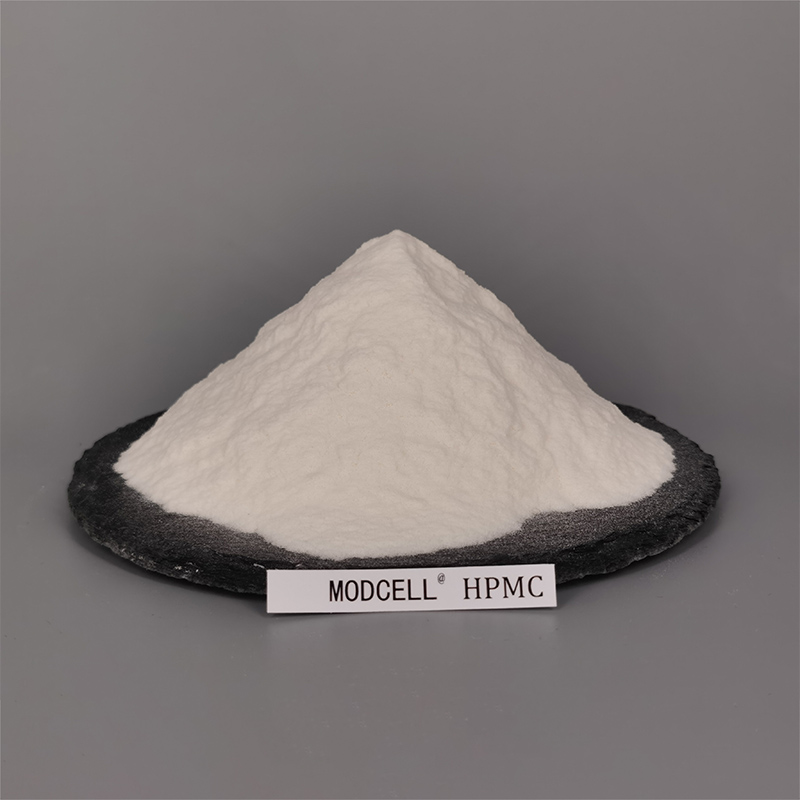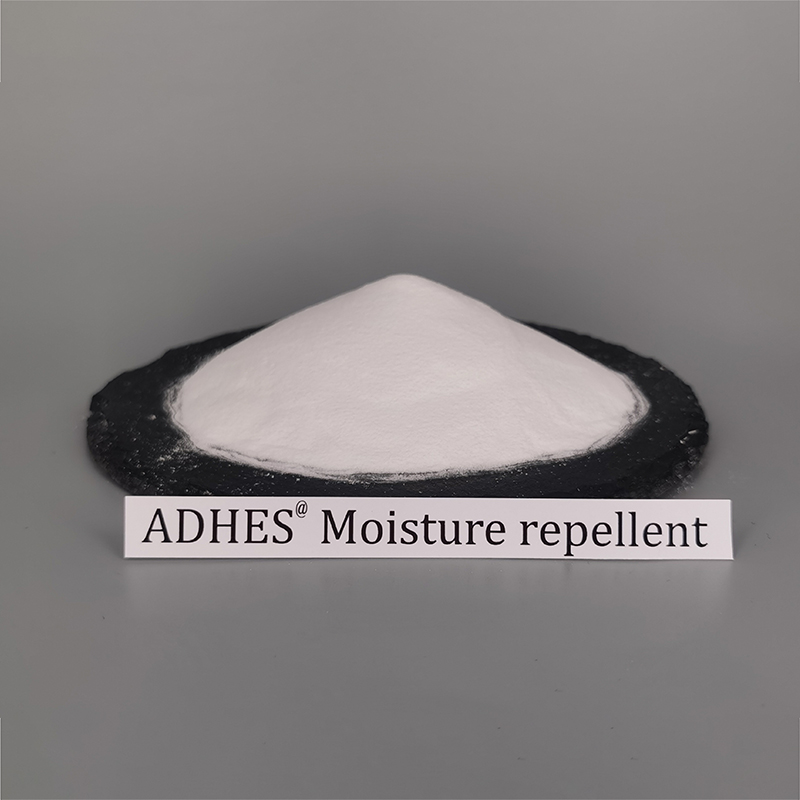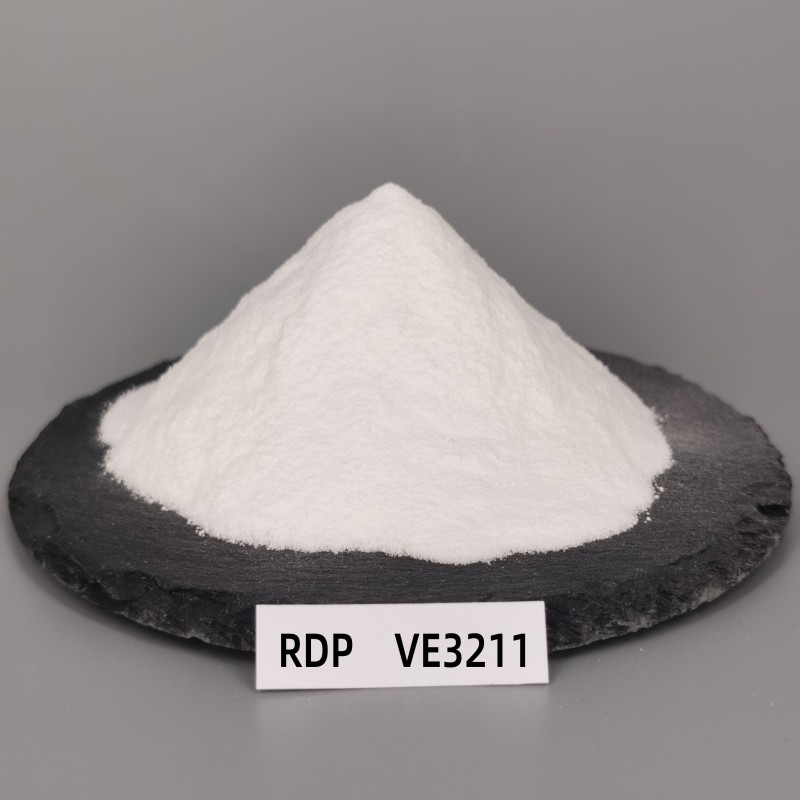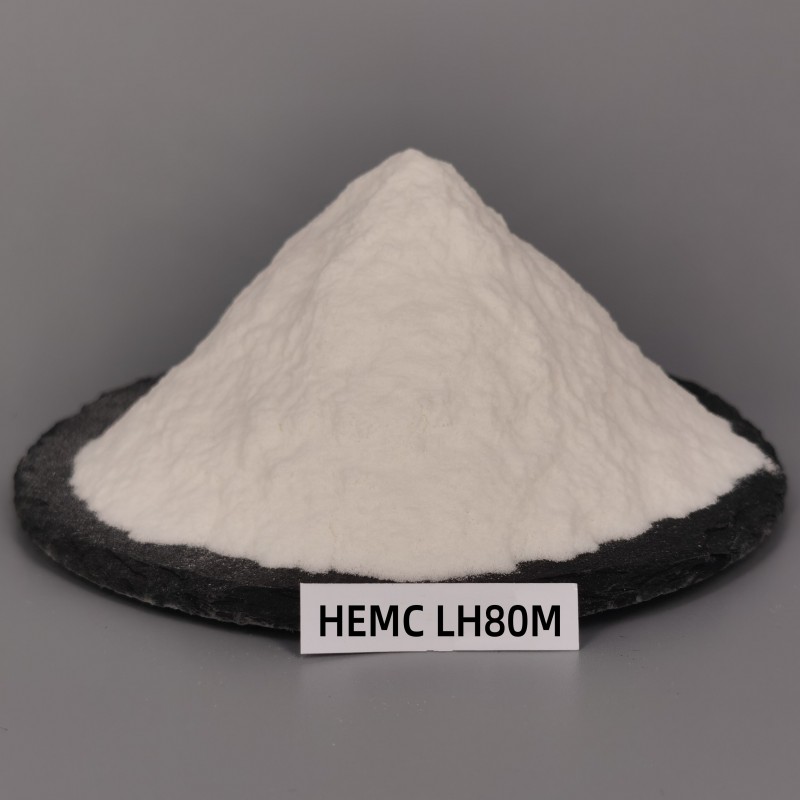VAE Powder Redispersible Polymer Powder CAS No.24937-78-8 for Construction Drymix Mortar
Product Description
ADHES® AP2080 Re-dispersible Polymer Powder belongs to polymer powders polymerized by ethylene-vinyl acetate copolymer. This product has excel adhesion, plasticity, abrasion resistance.
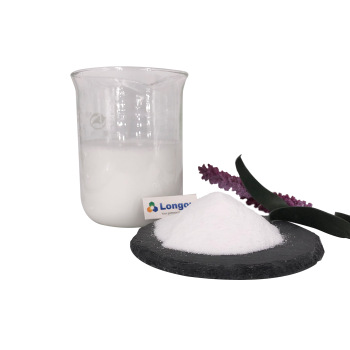
Technical Specification
| Name | Redispersible Latex powder AP2080 |
| CAS NO. | 24937-78-8 |
| HS CODE | 3905290000 |
| Appearance | White, freely flowing powder |
| Protective colloid | Polyvinyl alcohol |
| Additives | Mineral anti-caking agent |
| Residual moisture | ≤ 1% |
| Bulk density | 400-650(g/l) |
| Ash (burning under 1000℃) | 10±2% |
| Lowest film forming temperature (℃) | 4℃ |
| Film property | Hard |
| pH Value | 5-9.0(Aqueous solution containing 10% dispersion) |
| Security | Non-toxic |
| Package | 25(Kg/bag) |
Applications
➢ Gypsum mortar, bonding mortar
➢ Insulation mortar,
➢ Wall putty
➢ EPS XPS insulation board bonding
➢ Self-leveling mortar
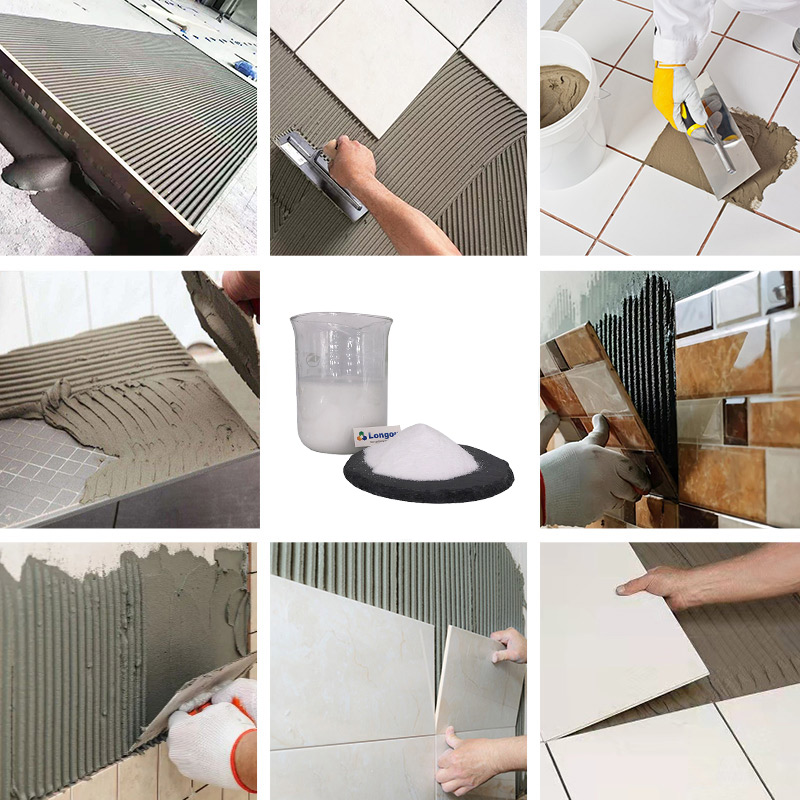
Main Performances
➢ Excellent redispersion performance
➢ Improve the rheological and working performance of mortar
➢ Increase open time
➢ Improve the bonding strength
➢ Increase cohesive strength
➢ Excellent wear resistance
➢ Reduce cracking
☑ Storage and delivery
Store in a dry and cool place in its original package. After the package is opened for production, tight re-sealing must be taken as soon as possible to avoid ingress of moisture.
Package: 25kg/bag, multi-layer paper plastic composite bag with square bottom valve opening, with inner layer polyethylene film bag.
☑ Shelf life
Please use it within 6 months, use it as early as possible under high temperature and humidity, so as not to increase the probability of caking.
☑ Product safety
ADHES ® Re-dispersible Latex Powder belongs to non-toxic product.
We advise that all customers who use ADHES ® RDP and those who are in contact with us read Material Safety Data Sheet carefully. Our safety experts are happy to advise you on safety, health, and environmental issues.
FAQS
When water is added to the dry mix mortar, the VAE copolymer powder becomes a dispersion and forms a film upon drying. This film promotes elasticity and adhesion. ADHES® Redispersible polymer powders are classified into highly flexibility with low adhesion, rigid with high adhesion, neutral with standard adhesion(both adhesion and flexibility). Water is added to some powders to impart hydrophobic characteristics to the material.
Vinyl Acetate-Ethylene Polymers (VAE) --These powders blend the flexibility of ethylene and the adhesion of vinyl acetate, leading to many economic and ecological benefits without affecting performance.
They offer several benefits, including excellent cohesion, flexibility, good low-temperature film and variable glass transition temperature. They also show great adhesion to certain substrates like plastics and wood.
Ethylene-vinyl acetate-acrylate terpolymer-- These polymer powder show very good adhesion properties. Its film has good flexibility, strong plasticity, strong wear resistance and deformation ability.
Styrene-acrylate copolymer--The polymer powder has extremely strong anti-saponification ability. It has good adhesion to various substrates such as polystyrene foam board, mineral wool board, etc.
Redispersible polymer powders have numerous applications across various industries. They are widely used in:
· Construction adhesives
· C1 C2 Tile adhesives
· Joint mortars
· External wall putty
· Building binders
· Filling compositions like concrete repair joints, crack isolation membranes, and waterproofing membrane applications.
The glass-transition temperature refers to the temperature at which polymers will be converted from an elastic state to a glassy state, expressed by Tg. When the temperature is higher than Tg, the material is rubber-like in behavior and generates the elastic deformation under load; when the temperature is lower than Tg, the material is glass-like in behavior and prone to brittle failure. Usually if Tg is high, the hardness after film formation is also high, rigidity good and heat resistance is good; otherwise, if Tg is low, the hardness after film formation decreases, but the elasticity and flexibility are good.
In preparation of dry-mixed mortar, redispersible polymer powders of different Tg values should be selected according to the purpose, operating environment and base material of mortar. For example, in the preparation of tile adhesives and crack-resistant plastering mortar, two main factors should usually be considered. One is high adhesion; the other is sufficient flexibility and capacity of deformation resistance. Therefore, select the polymer powder with low Tg, low temperature and good flexibility.
Recommendations:
|
GRADE |
AP1080 |
AP2080 |
AP2160 |
TA2180 |
VE3211 |
VE3213 |
AX1700 |
|
Glass transition temperature(Tg) |
10 |
15 |
5 |
0 |
-2 |
-7 |
8 |
|
Minimum film forming temperature(MFFT) |
0 |
4 |
2 |
0 |
0 |
0 |
0 |
|
Charactor |
Neutral |
Hard |
Neutral |
Neutral |
Flexible |
High flexible |
Neutral |









